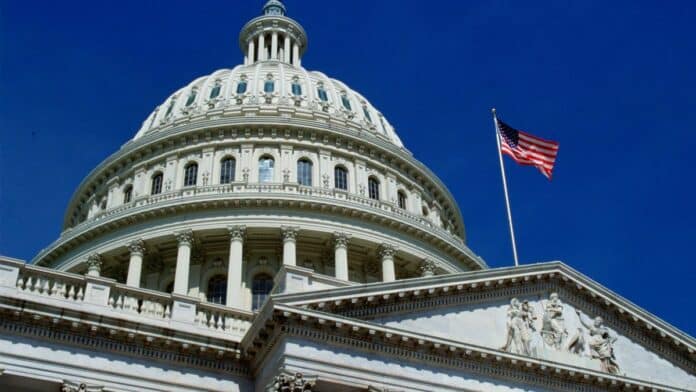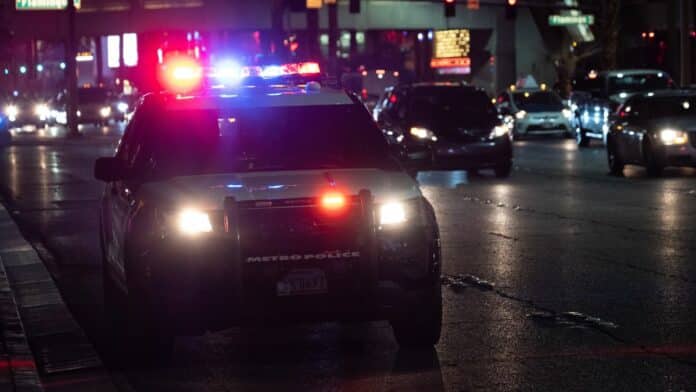House Republicans are moving to close a longstanding loophole that allows non-English speakers to use interpreters during the U.S. citizenship test. The new bill, introduced by Rep. Randy Fine (R-Fla.), would require all applicants to complete the entire naturalization process in English, including the civics portion of the exam. The legislation directly challenges current exemptions that have been in place for decades, prioritizing assimilation and national unity over accommodation.
Under current U.S. law, applicants who are either 50 years old with 20 years of permanent residency, or 55 with 15 years, are allowed to take the civics portion of the citizenship test in their native language if accompanied by an interpreter. Fine’s bill would eliminate those exemptions entirely. His position is clear: “If you want to live in an English-speaking country, you should be able to speak English, period.”
The proposal builds on President Donald Trump’s March 2025 executive order that formally declared English the official language of the United States. Fine’s legislation would solidify that policy by making English proficiency a non-negotiable requirement for naturalization, aligning with long-standing conservative priorities on immigration and cultural cohesion.
Opponents of the bill argue it discriminates against older immigrants who may have lived in the country for decades but never mastered English. Advocacy groups are expected to push back, citing concerns over fairness and accessibility. However, supporters argue that language proficiency is foundational to civic responsibility and societal integration.
The bill reflects growing Republican momentum toward immigration reform that emphasizes national identity, legal consistency, and cultural assimilation. If passed, it would mark a major shift in how the United States handles citizenship for non-native speakers, particularly among older immigrant populations who have previously relied on language exemptions.















